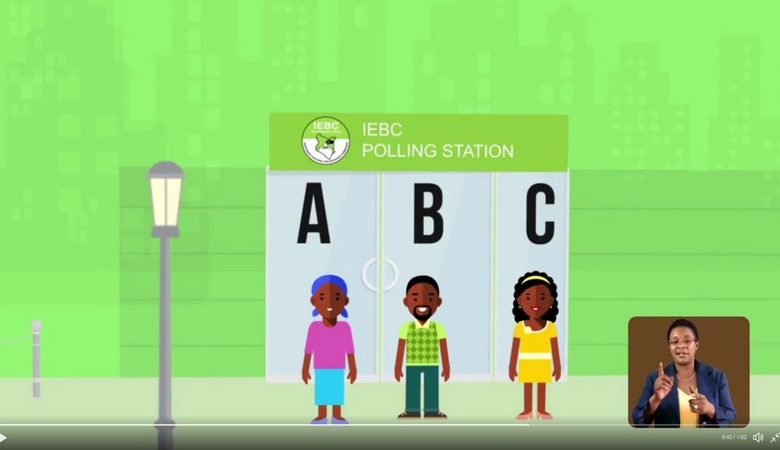Just Days before the Polls IEBC starts reading its own Regulations

Up until August 3, just five days before the elections, it seemed to be common knowledge “in the public domain”, that unstamped ballot papers are invalid. This is not true. Regulation 77 does not list a missing stamp on a ballot to be one of the reasons for the rejection of a ballot. IEBC’s Ezra Chiloba noticed this and wrote to his staff advising both the presiding and returning officers that “they may not reject a ballot paper for the reason that it is not stamped.” He notes that the rule was taken out from the old Regulations that were valid from 2012 until this April.
It is unclear if the content of the memo will reach officers from all polling stations before elections begin. Training of these officials ended this weekend.
Regulations were never compiled
Not stamping a ballot paper has been named by suspicious Kenyans as one method for conspiring election officials to discriminate against voters who might not vote for the officers’ candidate of choice.
One reason why the IEBC could have lost track of its own rules may be that the Regulations in their 2017 version have never been officially compiled and consolidated with the latest amendments. This has been unofficially done by us at RoGGKenya, and you may download them here. On the IEBC website you may only download the amendments, but not the complete amended version of the Regulations. But Regulation 77 about the rejection of ballot papers has even remained unchanged compared to the version that was valid in 2016.
Where is the Officer’s Textbook?
This question was posed, “If in the absence of an officially gazetted complete version of the regulations, will there be any written guideline that election officers will receive and act upon after their training?” IEBC communications director, Andrew Limo did not answer this. Also, such texts were not provided to us by the IEBC. Weeks earlier Limo had said that staff at kenyalaw.org – Kenyan The National Council for Law Reporting – was still compiling the latest version of the Elections (General) Regulations.
The fact that the official text is missing is particularly noteworthy because the Regulations are also governing the process of the participation of parties in the elections and of the candidates’ nominations that has been running since April 2017 without transparently available written rules.